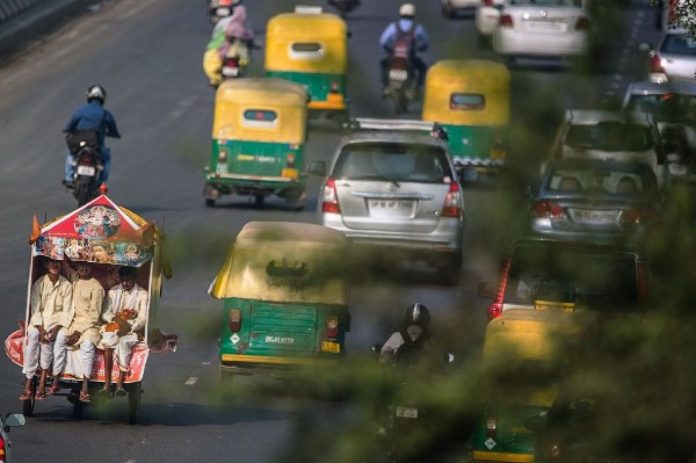Continuing with its development agenda powered by huge investments in the infrastructure sector, BJP has announced a slew of measures to modernise Indian economy in its poll manifesto for the 2019 general elections.
“The last five years, under the leadership of Prime Minister Modi, infrastructural roll out has been put back on track. For the first time, India has started marching and is being seen on the path of global standards in infrastructure and civic amenities,” the manifesto said.
Noting that under PM Modi’s leadership, India has achieved the world’s sixth largest economy tag, the party intends to take this further and transform India into the third largest economy of the world by 2030. “This implies that we commit to make India a US $ 5 trillion economy by 2025 and US $ 10 trillion economy by 2032.”
Some of the most ambitious infrastructure projects that will be undertaken under the re-elected PM Modi government are:
Urban Transport: Launch a National Urban Mobility Mission to provide technology-based urban mobility solutions to all urban local bodies. Ensure that 50 cities are covered with a strong metro network.
Sanitation: Take the highly successful Swach Bharat Mission (SBM) to a new level through sustainable Solid Waste Management in every village and ensure 100 per cent disposal of liquid waste in rural, semi-urban and unsewered areas. All habitations will be made open defecation free.
Water: Under the ‘Nal se Jal’ scheme, piped water will be provided to every household by 2024.
Roads: The government will double the length of National Highways by 2022. Construction 60,000 km of new National Highways over the next five years and completion of Phase I of the Bhatratmala project will also be priorities.
Railways: The party will ensure electrification of all railway tracks by 2022 and expansion of connectivity and experience of high-speed trains and new version trains such as Vande Bharat Express. WiFi facility will be made available across all main railway stations by 2022 and the dedicated freight corridor project will be completed by the same year.
Aviation: The number of functional airports will be doubled from the current figure of 101.
Digital India: Every Gram Panchayat will be connected with a high-speed optical fibre network by 2022. Through village-level high-speed broadband services, those living in the rural areas will be able to access a wide range of services such as telemedicine, tele-education and agriculture-related advisories.
Energy: After electrifying all households in the country, the party will now ensure the right mix of energy sources that will lead to a cleaner environment. The party will also strive towards making the state electricity entities financially sound and administratively more efficient.
Also Read: A Second Term For Modi? Yes.







